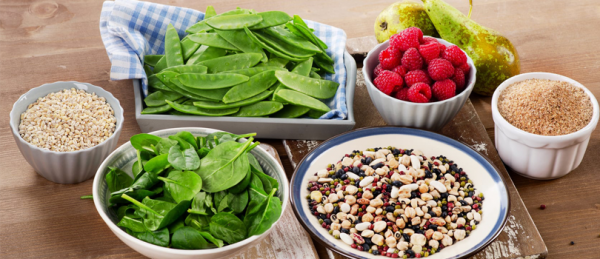
Deficiency of vitamin-D is common in older people and may lead to increased bone resorption, bone loss and impairment of muscle function. Older people are, often, encouraged to take supplements of vitamin-D to keep their bones, teeth and muscles healthy. However, contrary to this popular belief, new research has revealed that there is very little benefit in taking higher dose vitamin supplements for those over 70 years of age.
Kratom Powder for Sale
Left Coast Kratom is here to help you experience the freshest highest quality kratom powders and extracts at competitive prices.
We know that older people are at increased risk of falls and fractures, which are debilitating and erode people’s self-confidence, depriving them of their independence. Vitamin-D is essential for building and maintaining strong bones and muscles. It, therefore, stands to reason that people deficient in vitamin-D are increased risk of slow recovery from falls and fractures.
This study led by Newcastle University, published in the American Journal of Clinical Nutrition, backs previous research that has shown there is no gain for older people taking vitamin-D supplements. The study was funded by the organisation Versus Arthritis and aimed to measure the effect of vitamin-D supplementation on the change in bone mineral density (BMD). BMD is a recognised indicator of bone strength and changers in markers of bone metabolism.
For the study, 400 people over the age of 70 years were randomly allocated to one of three doses of vitamin-D given once a month for a year. The yearly doses varied from 300µg (microgram), 600µg and 1,200µg, which is equivalent to a daily dose of 10µg, 20µg and 40µg, respectively. The researchers were surprised to find that there was no change in BMD over 12 months between the three doses. However, the study did show that doses equivalent to 40µg are safe in an older population and there was a beneficial effect on bone metabolism up to the highest dose.
The study was led by Dr Terry Aspray, a honorary clinical senior lecturer at Newcastle University’s Institute of Cellular Medicine, UK. He says, “The results from previous studies assessing the effect of vitamin-D on bone mineral density have yielded conflicting results, and our study is a significant contribution to the current debate. While our findings do not support evidence of the benefit of high dose vitamin-D supplements, at least on bone mineral density, we do, however, identify that higher doses of the vitamin may have beneficial effects on bone metabolism and that they are safe for older people.”
Dr Aspray suggests that older people should rather focus on maintaining a healthy, balanced diet with adequate sun exposure and take regular exercise to keep their bones as strong as possible. He adds “While some may need to take vitamin D supplements, there is little benefit to taking more than 10µg a day.”
Further analysis is already underway, including research by a Newcastle University PhD student, on the effects sun exposure on vitamin-D levels in older people and the impact of vitamin-D supplements on muscle strength. There are also experts looking at the impact of genes and kidney function on vitamin-D levels and their function in the blood.
Senior clinical policy adviser at Versus Arthritis, Benjamin Ellis, says, “Over the one year of this study, higher doses of vitamin-D neither improved measures of bone strength nor reduced falls among older people. The current guidance is still that people at risk of low vitamin D should consider taking a daily vitamin-D supplement, as should everyone during the winter months. Work is needed to implement effective strategies to prevent falls and fractures among older people, and to understand the role of medications and dietary supplements in this.”
Although this study does not conclusively rest the debate over the benefits of vitamin-D supplements in older people, it does provide some clarity on the fact that there is hardly any benefit received from ingesting such supplements. It is important to remember that one can just as easily get vitamin-D from sunlight and some natural foods like fish, few dairy products and orange juice.